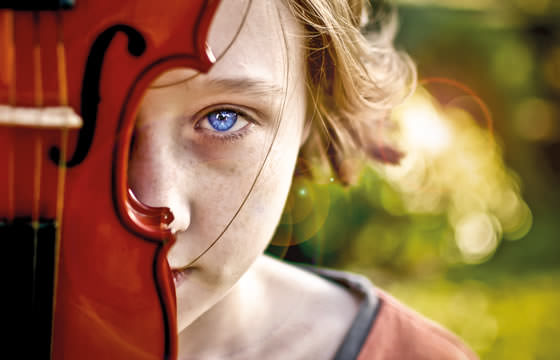
Readers of the Melbourne Herald Sun might remember the very moving interview journalist Hamish McLachlan conducted with Angie Cunningham over a five-month period. Angie was a young woman who was afflicted in 2012 with a terrible motor neurone disease. She was also a friend of mine, and recently I wrote something on the theme of ‘connection’ which centred around her story.
After a four-year battle with this sickness known as ‘the beast’, Angie finally succumbed on 4 October last year. I was privileged to be invited to preside at the funeral service celebrating her life and was greatly moved when her husband Pat told me that she was determined to hang on until I returned from overseas in mid-June.
For two years she laboured over the writing of a book titled Life, Lessons, and Love for her two girls, Maggie and Sophie, aged nine and six respectively.
One excerpt caught my eye:
‘To our darling girls. These quilts are super special. They have taken over two years to make especially for you both. They have been made with all our love bottled in them. This means that you will always be safe at night. And no matter where Mum and Dad are, with your quilts around you, you will always be wrapped in our love and hugs. We love you to the moon and back plus infinity xxoo’.
During my homily at the service I told the story of the great American-Israeli violinist, Itzhal Perlman. As a little boy of four he contracted polio, later learning to walk with crutches. He now uses a scooter for mobility and plays the violin while seated.
On one occasion he was performing a violin concerto when, with an audible ping, one of the strings broke in the first movement.
Everyone waited with bated breath to see what he would do. With astonishing skill he continued as if nothing had happened, playing through to the finale using only the remaining three strings.
The applause, as the concerto ended, was riotous – it was not only for his performance but for his coolness in continuing undaunted.
As the noise subsided, he was called on to say a few words to the audience. With courage and calm he spoke just one sentence:
‘Our job is to make music with what remains.’
Clearly Angie Cunningham was a great music-maker in her relatively brief life – as a wife, a mother, a daughter, a sister and a dear friend to many. During her illness in the past few years, her music was all the more powerful and all the more instructive.
Music is so important for the health of our souls and we cannot afford to let our musical senses be eroded and weakened by the heightened noise and pace of our modern world.
Life is a constant cycle of beginnings and endings, and the season of Easter highlights this rhythm through Jesus’ story.
His human life ends on Good Friday but transitions to the risen life of the resurrection on Easter Sunday, reminding all of us that life is changed at death – not taken away.
Death for Christians is a new chapter on the journey of life that begins and ends in God. In the different words of Gitanjali Ghei read for us at Angie Cunningham’s farewell service:
‘If you feel sad, do think of me, for that’s what I’ll like, when you live in the hearts of those you love, remember then – you never die.’
Easter is the season for recalling that our endings and our farewells are temporary. We will re-connect in the fullness of God’s life and love.
In our cycle of beginnings and endings, all life is on loan to us. It is ‘purely gift, given to us out of love. We reverence all that we have and take great joy in it, but we do not grasp, cling to, or hoard our treasures’, as Joyce Rupp writes in Praying Our Goodbyes.
Somewhere in my reading I also came across this Aztec prayer from an unknown source.
This Easter, may it help you finish what needs to end in your life and begin what needs to be begun.